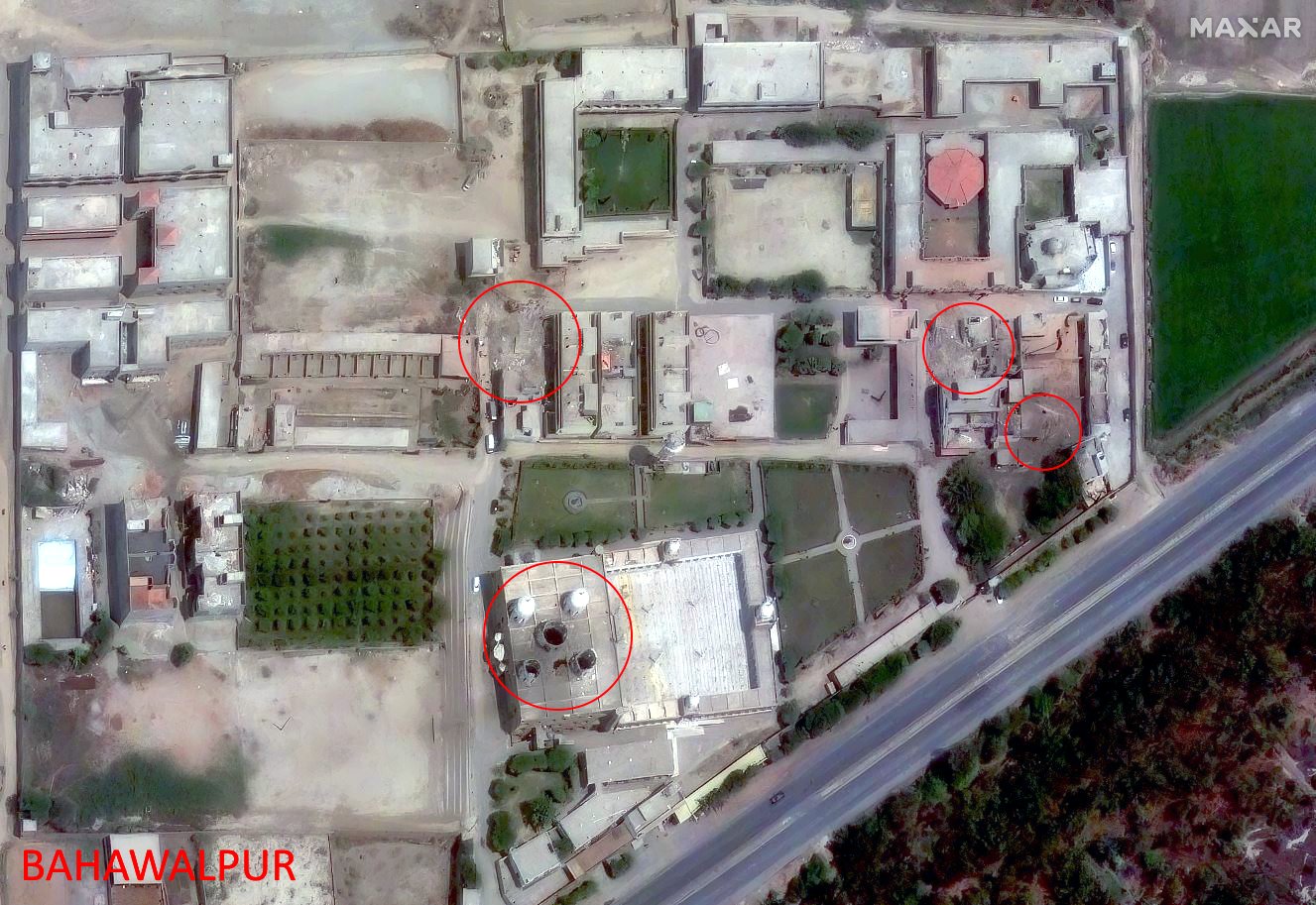Dear Express Explained reader, The biggest political news of this week has been the Prime Minister’s dramatic about-turn on the three farm laws — after more than a year of vehement and uncompromising rejection of the demands of the farmers and the opposition, the government suddenly capitulated entirely, sought forgiveness from the same people whom it had called names, and announced a repeal of the laws in Parliament’s session beginning on November 29. Ravish Tiwari and Harikishan Sharma wrote a detailed analysis of the government’s decision and its political context, along with the relevant background of how and why it brought these laws in the first place, and dealt with the opposition to them since last summer. Separately, also read Ravish’s incisive recounting of the BJP’s volte-face — how the government misread the nature and the depth of the opposition to the laws, and painted itself into a corner by its characteristically rigid response — and Apurva Vishwanath’s short summary of the legislative procedure for the repealing of the laws. At the end of last week, the United Nations Climate Change Conference closed in Glasgow with an agreement less far-reaching than many had hoped for, but which still kept alive the hopes of achieving the 1.5 degrees temperature goal. India, supported by China, made a significant last-minute intervention for which it was criticised, but which was critical to protecting its national interests. In his final despatch from Glasgow, Amitabh Sinha wrapped up the upshot of the summit, its gains and its disappointments. It is now public that Russia has begun the delivery of the S-400 air defence system, five of which were purchased by India three years ago, and the first of which is expected to enter operation before this year is out. Krishn Kaushik wrote about this most potent air defence system, why it is critical to the needs of the Indian military, and what diplomatic challenges its acquisition from Moscow poses for New Delhi. In the world of finance and economy, the biggest news was the launch — and the tanking on launch — of India’s largest initial public offering. George Mathew, Karunjit Singh, and Pranav Mukul explained why Paytm ended its debut day’s trading at 27 per cent lower than the IPO issue price, and what the disaster foretells for the other issues lined up for launch in the coming weeks. Stay safe and stay aware. Keep reading The Indian Express Explained. Sincerely, Monojit (monojit.majumdar@expressindia.com) If you received this newsletter as a forward, you can subscribe to it here | Do read our Explained articles here | 
No comments:
Post a Comment